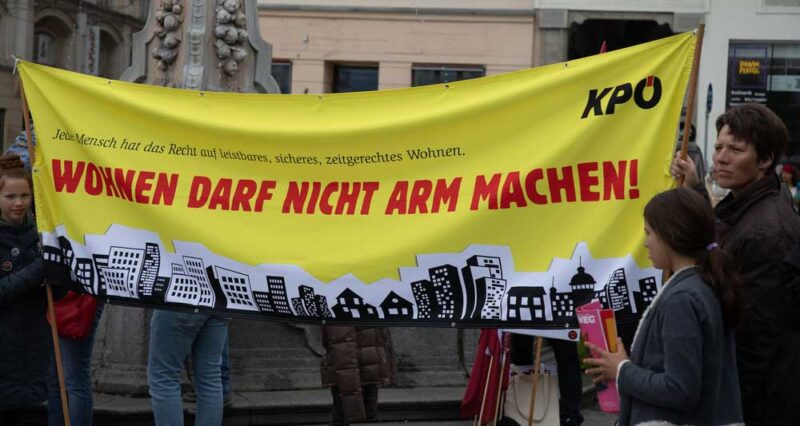What is wrong with Europe?
 THE GREEK economy accounts for only 2 per cent of EU GDP. If the EU were a single economic entity, like the United States, transferring some funds to pay off Greek debts would be no more significant than US federal support for reconstruction in New Orleans after Hurricane Katrina being partly paid for by taxes levied in California or New York.
THE GREEK economy accounts for only 2 per cent of EU GDP. If the EU were a single economic entity, like the United States, transferring some funds to pay off Greek debts would be no more significant than US federal support for reconstruction in New Orleans after Hurricane Katrina being partly paid for by taxes levied in California or New York.
The problem is that mainland Europe has a single currency and a central bank, but neither a centralised political decision making body nor a common taxation system. In short, the European economy is increasingly integrated, and crying out for more integration, but European society and politics are still stuck in an antiquated patchwork of separate nation states inherited from the past. It is an example of how the nation state system can come into the conflict with the demands of capital accumulation and undermine the productive forces.
The Greek crisis illustrates all these contradictions perfectly. In July, the Council of Ministers agreed to set up the European Financial Stability Facility that would mobilise finance from across the EU to underwrite Greek debt. However, it cannot be established until every parliament in the EU has ratified it and this might take until December, because of opposition from the smallest of the four parties in the coalition government of Slovakia.
These structures are not simply hangovers from the past, they reflect different ruling classes with competing interests. Despite several decades of European integration, there is still no united European capitalist class as such, let alone one with a uniform worldview and policy.
The German bourgeoisie is most powerful in Europe but it is divided between those who believe that there should be a managed default on debts that cannot be paid back, and those, who are closer to the European Central Bank, that fear the impact this will have on German banks. They do however have a common interest in imposing austerity measures on southern Europe in return for the bailout, because the sharp recessions it causes will be an opportunity for the more efficient German multinationals to expand.
Naturally, other ruling classes fear such an expansion of German hegemony. That is why the system is also gripped with heavy competitive pressures all over the world. The ruling classes are running out of policy options, having now tried a major bank bailout and deficit-funded fiscal stimulus, so there is a risk they will turn to protecting their own industries, banks and markets from international competition. During the Great Depression, this proved catastrophic because then it created powerful economic pressure to use political and military means to ‘seize markets’ from other states. Global policy makers at institutions like the IMF are therefore obviously concerned to avoid such an outcome, and find a so-called managed solution through institutions like the G20.
Nor should it be thought that because Britain is not in the Euro it would be immune to a collapse of the Euro or of the banks massively exposed to the state debts of the Eurozone countries. British banks are up to their eyes in it and over half of Britain’s trade is with Europe. In such an interconnected world British isolationism can only be a fantasy.









